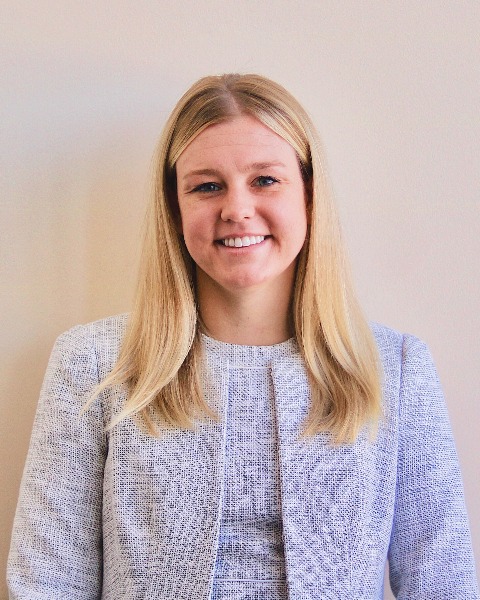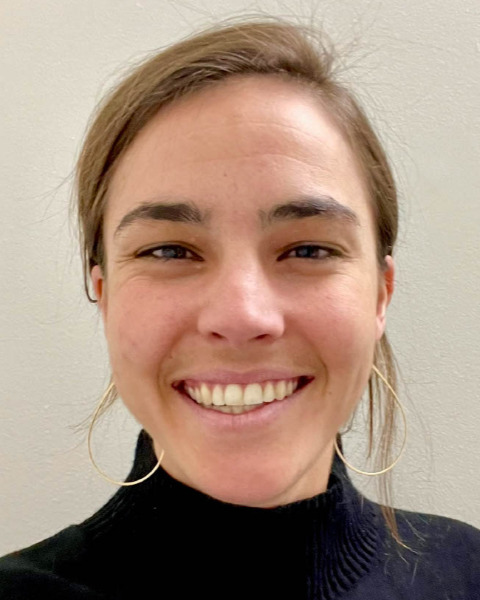Hepato-pancreato-biliary
E181: Incidence and Prognostic Value of Actionable Alterations in Early-Stage Resectable Cholangiocarcinoma

Kailey M. Oppat, MD
Resident, Department of Surgery
Emory University School of Medicine
Atlanta, Georgia, United States
Kailey M. Oppat, MD
Resident, Department of Surgery
Emory University School of Medicine
Atlanta, Georgia, United States
Emilie A.K Warren, MD
Resident, Department of Surgery
Emory University, United States
Frances J. Bennett, MD
Surgical Oncology Post Doctorate Research Fellow, General Surgery Resident
Division of Surgical Oncology, Department of Surgery, Winship Cancer Institute, Emory University, Atlanta, GA
Atlanta, Georgia, United States- AN
Amanda C. Nottke, PhD
Associate Director, Clinical Strategy
Invitae Corporation, United States - HL
Hanna E. LIttleford, PhD
Sr Clinical Research Specialist
Invitae Corporation, United States - KP
Kim M. Phelps, RN
Operations/Supervisor, Clinical Abstraction/Reviewing
Invitae Corporation, United States - KP
Karen R. Pennington, PA-C
Clinical Abstractor/Clinical Reviewer
Invitae Corporation, United States - JV
Juan W. Valle, MD
Chief Medical Officer
Cholangiocarcinoma Foundation, United States - AP
Ashokkumar A. Patel, MD
Director of Clinical Research & Data
Cholangiocarcinoma Foundation, United States - MB
Melinda Bachini, PT
Chief Patient Officer
Cholangiocarcinoma Foundation, United States - SL
Stacie C. Lindsey, BS
Founder & CEO
Cholangiocarcinoma Foundation, United States 
Shishir K. Maithel, MD, FACS
Professor, Department of Surgery
Winship Cancer Institute of Emory University
Atlanta, GA, United States
ePoster Abstract Author(s)
Submitter(s)
Author(s)
Targeted therapy for actionable alterations in advanced cholangiocarcinoma (CCA) has revolutionized 2nd and 3rd line treatment algorithms. Their application in early-stage CCA is not defined. The incidence and prognostic value of actionable alterations in patients (pts) with early-stage, resected CCA is unknown.
Methods:
The Cholangiocarcinoma Foundation and Ciitizen® (a wholly owned subsidiary of Invitae Corporation) collaboratively launched a registry platform that directly consents pts and collects comprehensive medical records. De-identified data including clinical characteristics, molecular testing, interventions, and outcomes have been extracted and standardized for research use on 400 pts. We identified pts who underwent resection of non-metastatic CCA and underwent biomarker testing. Actionable alterations recorded included FGFR2 fusion/rearrangement, IDH1 mutation, HER2 amplification, BRAF mutation, MSI-high, and TMB-high. Primary outcome was recurrence-free survival (RFS).
Results:
Of 400 pts, 137 underwent resection for CCA. When comparing pts with advanced disease to those who underwent resection, there was a similar frequency of biomarker testing: 94.3% (n=248) vs 83.9% (n=115) and presence of actionable alterations: 38.7% (n=96) vs. 33.0% (n=38). When considering pts with non-metastatic, resected disease who underwent biomarker testing (n=104), the mean age was 59.2 yrs, 66 (63.5%) were females, and 60 (57.7%) had intrahepatic CCA (iCCA), 42 (40.4%) had extrahepatic CCA, and 2 (1.9%) were not otherwise specified. A majority received biomarker testing before or at surgery (n=89, 85.6%). 34 pts (32.7%) had actionable alterations: FGFR2: n=7 (6.7%), IDH1: n=16 (15.4%), HER2: n=5 (4.8%), BRAF: n=0, MSI-high: n=3 (2.9%), TMB-high: n=8 (7.7%). FGFR2 fusion/rearrangement and IDH1 mutations were only identified in iCCA. Pts with a FGFR2 fusion/rearrangement were younger (49.9 vs 59.8 yrs; p=0.028) and all were female. Although not statistically significant, the presence of an FGFR2 fusion/rearrangement was associated with a trend towards improved median RFS (32.0 vs 17.3 mos; p=0.19; Fig 1) for pts with iCAA.
Conclusions:
Of pts with early-stage, resected CCA, a majority underwent molecular profiling before or at surgery. As expected, FGFR2 fusion/rearrangement and IDH1 mutations were only present in iCCA. A FGFR2 fusion/rearrangement was seen in young, female pts and was associated with a trend towards longer RFS. Clinical trials are needed to assess the value of administering neoadjuvant or adjuvant targeted therapy to this patient population.
Learning Objectives:
- Define the incidence of actionable alterations in patients undergoing resection of early-stage cholangiocarcinoma.
- Assess the prognostic value of actionable alterations in patients undergoing resection of early-stage cholangiocarcinoma.
- Recognize the need for future clinical trials that assess the value of administering neoadjuvant or adjuvant targeted therapy in patients undergoing resection of early-stage cholangiocarcinoma.
